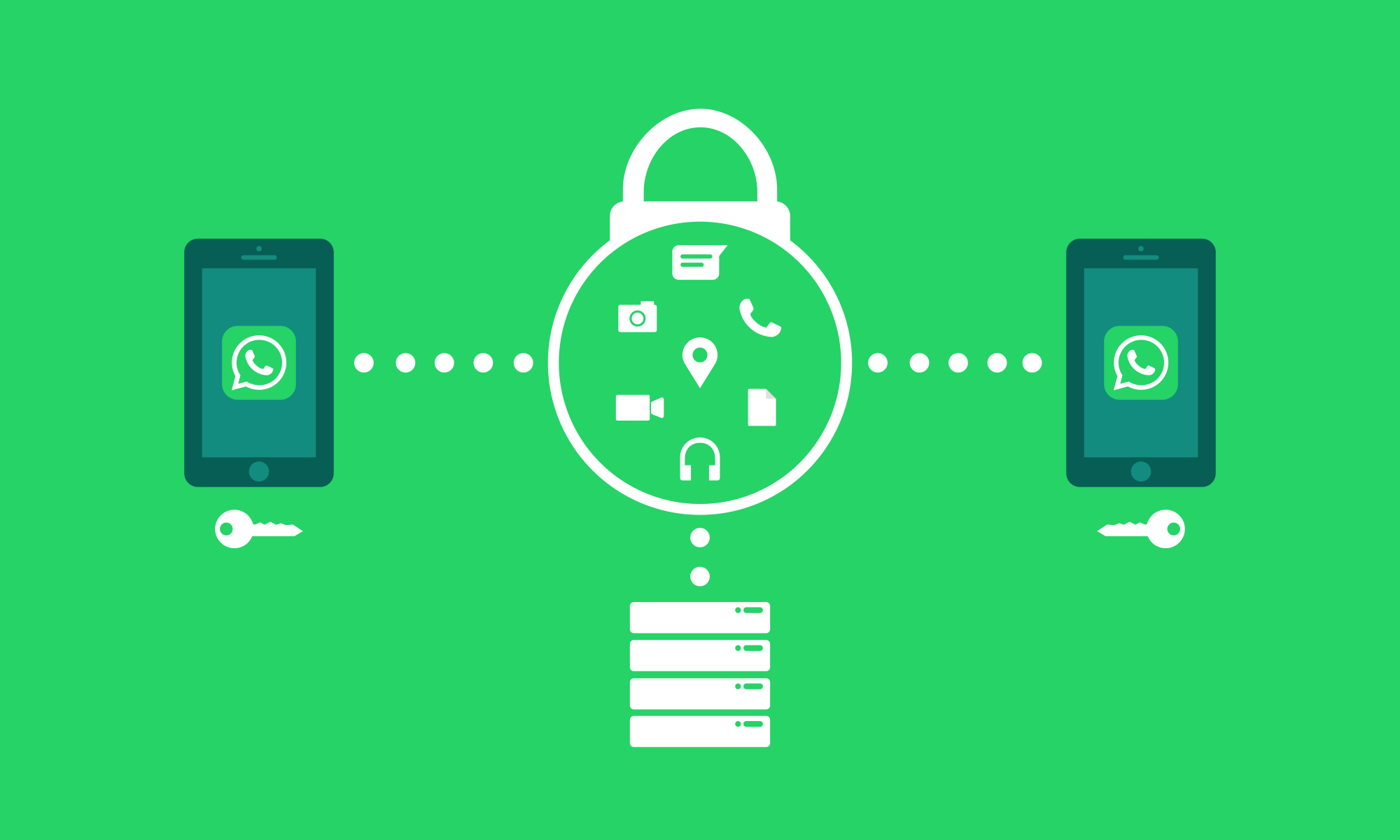In early January 2021, WhatsApp, the popular messaging service bought out by Facebook, changed its terms of service in a problematic way. The new terms of service prompted many privacy-minded individuals to look for alternatives.
Elon Musk, simply Tweeted “Use Signal” in response. But is it really that simple? Which encrypted messaging apps are safe and reliable?
Keep reading to find out!
Why Use Encrypted Messaging Apps?
You have nothing to hide, so why do you need secure messaging apps?
The fact is, private corporations use your data to understand everything about you. If you search for home rentals in Portugal, you will likely be served advertisements for airline tickets to Portugal for the next three weeks.
Furthermore, companies such as Palantir have achieved tremendous surveillance abilities. Governments have jamming capabilities and all manner of technology powers.
The desire to communicate privately is not an admission of any guilt, it is simply a desire to speak privately to a friend. Here are three apps to consider.
1. Signal
In terms of functions, Signal is identical to WhatsApp.
Signal is a mobile app that uses the Internet for voice calls or to send group or one-on-one messages. Messages can be simple text (like an SMS), but also can include voice notes, images, files, and videos.
Before going further, it is important to note that Signal and WhatsApp use the internet rather than your mobile data provider to communicate. Unlike SMS, Signal connects to your WiFi. This is helpful when traveling abroad because you can continue to communicate without roaming charges.
The difference between Signal and WhatsApp is that Signal and its creators are dedicated to private communication.
Signal is not owned by a large tech company built to profit from selling your data. Instead, the app and its technology are owned by the Signal Foundation, a nonprofit501(c)(3) organization.
For mobile communications such as voice calls or instant messages, Signal is your best bet.
2. Telegram
Telegram is another privacy-minded mobile messaging service.
Telegram falls somewhere in the middle of the privacy scale. It finds its niche among messenger apps in that it attempts a reasonable level of privacy, while also creating a social network-style environment.
The major difference between Signal and Telegram is that Telegram does collect your data. It provides end-to-end encryption of your data, but it does collect data linked to your name, phone number, contacts, and user ID.
3. Protonmail
Signal and Telegram can handle your mobile communication needs, but what about email?
Protonmail your answer. Consider Protonmail to be Gmail, with most of its ease of use and functionality. But instead of storing your data for analysis and marketing, Protonmail encrypts your data (the content of your emails) and stores it on servers in Switzerland.
Why is Switzerland significant? Switzerland provides strong privacy laws. So in addition to protecting your data via end-to-end encryption, Protonmail also provides some level of legal protection for your data.
Make Online Security Part of Your Life
Online security and privacy will only become increasingly important. Do private corporations and governments really have a need to read your personal messages?
Hopefully, this article has highlighted some simple encrypted messaging apps that can provide you with a more secure online presence. If so, look around our website for more tips and hacks that will improve your life.
